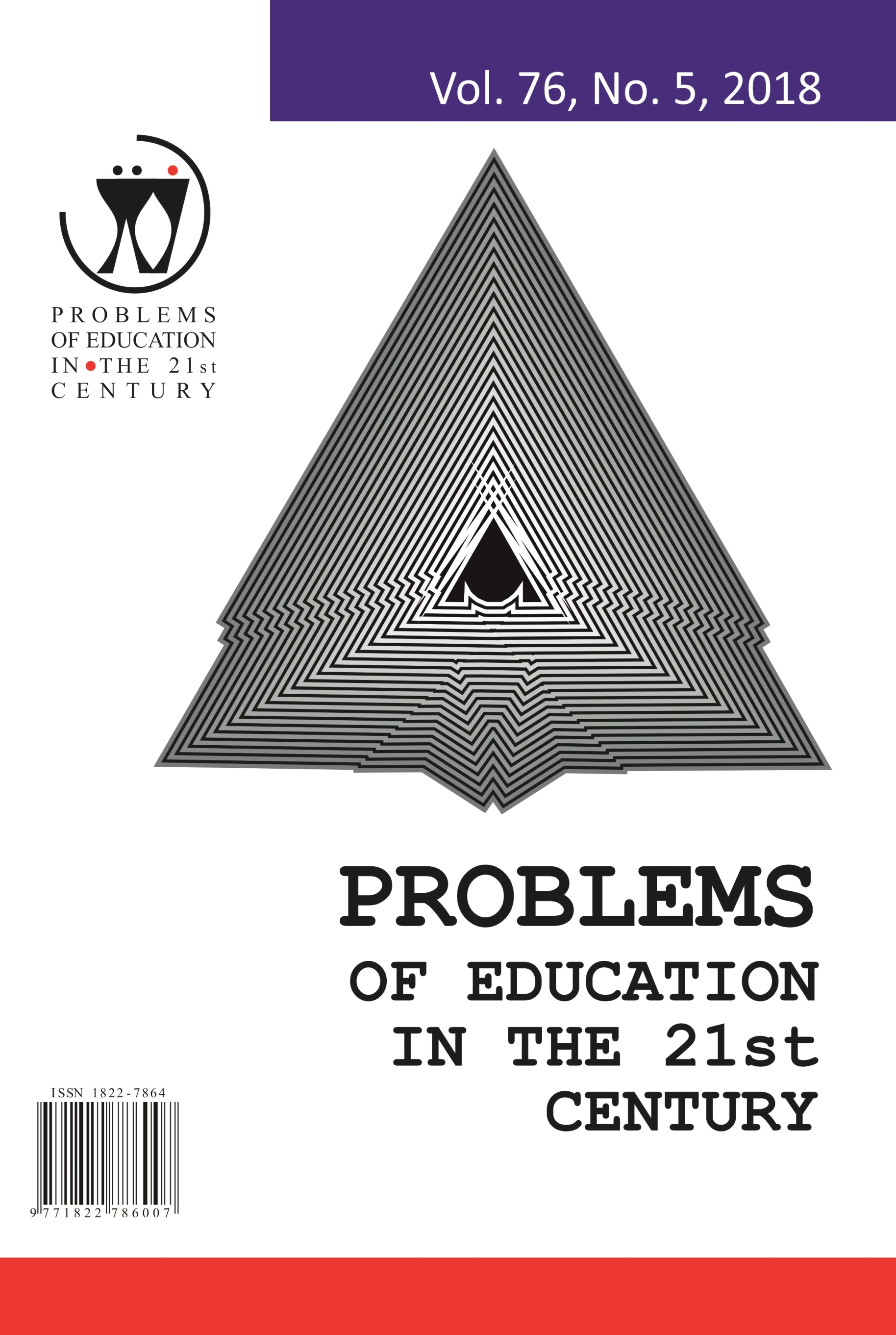RUSSIAN LANGUAGE NEEDS AMONG UNIVERSITY STUDENTS IN MALAYSIA
RUSSIAN LANGUAGE NEEDS AMONG UNIVERSITY STUDENTS IN MALAYSIA
Author(s): Larisa Nikitina, Ma Tin Cho Mar, Fumitaka FuruokaSubject(s): Education, Eastern Slavic Languages, Higher Education
Published by: Scientia Socialis, UAB
Keywords: language needs; Russian language; higher education; Malaysia;
Summary/Abstract: In the context of higher education foreign language courses are viewed as skills-oriented subjects that aim to enable students to communicate in a foreign language. The main four language skills to be developed are listening, speaking, reading and writing. Until recently, decisions about which of the linguistic skills should be emphasized in a foreign language program have been taken without seeking the opinions of language learners. To address this issue, the present research examined needs for learning the Russian language among students in a Malaysian public university. To achieve this research aim, a survey questionnaire was distributed among prospective learners of Russian. Four different statistical methods were performed to analyse the data, namely, the descriptive statistics, the independent t-test, the exploratory factor analysis and the reliability test. The findings from the descriptive statistics revealed that the respondents considered developing face-to-face interactive skills, such as the speaking and listening skills, as most important. The findings of the t-test suggested that demographic variables might have some influence on the students’ perceptions of the skills’ importance. For example, the students who spoke Malay at home placed a higher value on developing their ability to speak in a polite manner and to understand non-verbal communitive acts, such as gestures. The results of the exploratory factor analysis revealed that the language skills as perceived by the students formed several dimensions where interactive and non-interactive skills tended to form distinct clusters. This research concludes with a discussion of pedagogical implications to be drawn from the findings.
Journal: Problems of Education in the 21st Century
- Issue Year: 76/2018
- Issue No: 5
- Page Range: 693-705
- Page Count: 13
- Language: English

